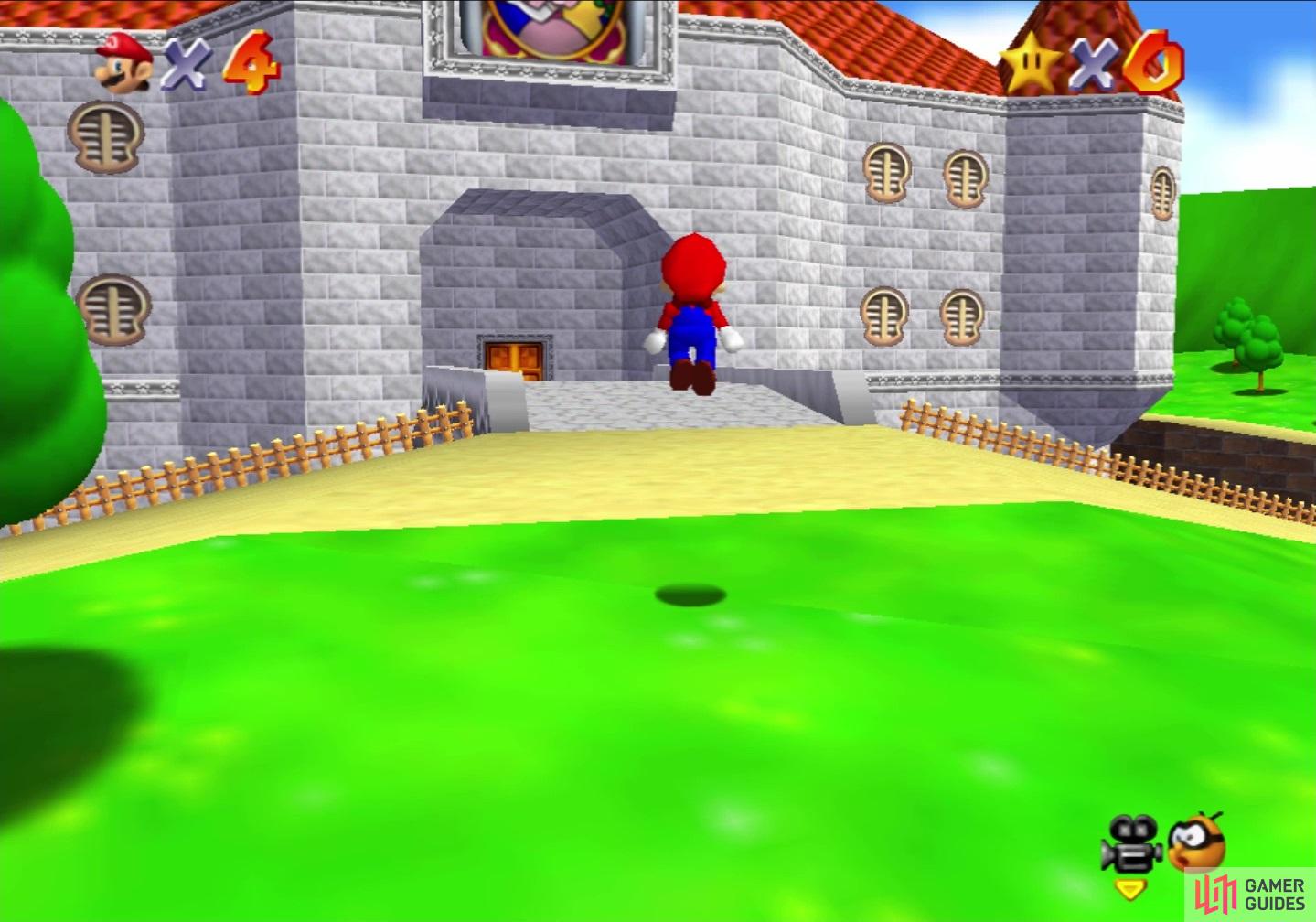The Eternal Player: Moral Dissonance in the Worlds We Choose
The Eternal Player: Moral Dissonance in the Worlds We Choose
It’s an odd sensation: I avoid prison simulators because I believe incarceration without healing is inherently wrong. I skip farming games that rely on animal exploitation because I reject the normalization of that industry. And yet—paradoxically—I have no qualms diving into a game where I wreak chaos, burn villages, or fight my way through waves of enemies.
Is that hypocritical? Possibly. But more importantly—it’s deeply human.
Fiction is Not a Moral Vacuum
The choices we make in games are not made in a vacuum. When I shun games that depict prison management, I’m reacting not just to gameplay mechanics but to the real-world systems they echo. Prison simulators often present incarceration as neutral or profitable, omitting the structural violence behind real-life prison systems. Likewise, farm sims that rely on raising animals for profit can feel like they're romanticizing or sanitizing industries built on suffering.
In those cases, it’s not just about content—it's about framing. If a game builds its entire loop around a system I oppose, and expects me to perpetuate it, it becomes uncomfortable. Not because I can’t separate fiction from reality, but because the fiction mirrors a real ethical failure that the game refuses to interrogate.
Ironically, in games where I play a sword-swinging maniac or a chaos agent, the violence is so absurd, exaggerated, or symbolic that it doesn’t trigger the same discomfort. There's no systemic glorification—just fiction wearing its mask plainly.
Structural vs. Personal Violence
There’s a difference between games that ask me to role-play within a violent system, and those that let me play a violent character. The former bothers me when the game endorses or rewards that system without reflection. The latter is often just a sandbox, a cathartic experience, or a way to explore emotional intensity safely.
In other words: I don’t mind “killing” fake enemies in a world that knows it’s fake. But I struggle when a game mimics real-world harm while pretending it's wholesome or innocent.
Moral Dissonance Is Not Hypocrisy
What looks like inconsistency is often moral nuance. It’s easy to say, “Games aren’t real, so nothing matters.” But for people who think deeply—about animal rights, justice systems, social power—that’s not enough.
We don’t reject games because they’re fictional. We sometimes reject them because they’re fictional but still normalize real-world harm as a feature, not a flaw. And at the same time, we embrace chaotic fantasy violence because it's clearly unmoored from the real world.
Call it moral compartmentalization, call it ethical immersion, or just call it being a sensitive player in a messy world.
The Value of Being a Conscious Player
None of this is meant to say there’s a “right” way to play. What matters is awareness.
If I can stop and ask myself:
- Why does this game feel wrong to me?
- Am I okay with what this game is asking me to do?
- Is this mechanic making me complicit in something I wouldn’t support in real life?
Then I’m not being a killjoy. I’m being an ethical participant in a medium that increasingly shapes how we think and feel.
And if I still enjoy throwing fireballs at cartoon villains—so be it. Fiction gives us space to act out the impossible, even the monstrous, in ways that don’t hurt anyone. As long as we know where the line is, and why it matters, we don’t have to be saints. We just have to be awake.
Being the eternal player doesn't mean being perfect. It means asking the right questions, even when the answers are messy.
I’m not just a consumer, but someone who engages with the world through play – again and again, always critically.
Thanks for reading, TECC
Follow me on: https://social.tchncs.de/@73cc

